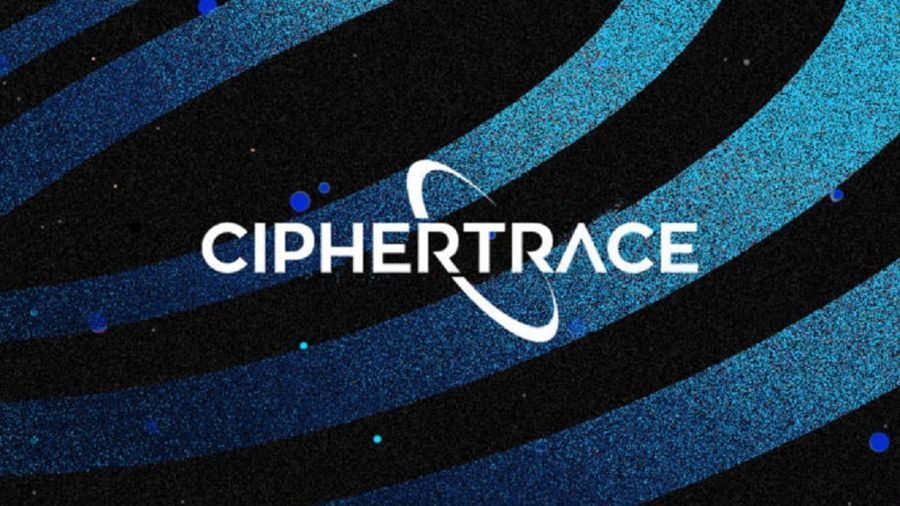Analyst firm CipherTrace has filed two patent applications for tools for tracking transactions with the confidential cryptocurrency Monero.
CipherTrace solutions are patent-pending XMR transaction analysis tools for forensic and financial investigations. The use of a statistical and probabilistic assessment method will allow identifying suspicious transactions, identifying potential wallet owners, as well as tracking the movement of XMR that have been stolen or obtained illegally. The technical details of the solution are unknown, so it is still difficult to understand what types of transactions can be tracked by CipherTrace and with what accuracy to identify the sender and recipient if they use methods of anonymizing their activity on the Internet.
CipherTrace said the solutions will allow Virtual Asset Service Providers (VASPs) to validate received XMRs. This will allow an adequate assessment of the risks of client transactions, and whether such transactions comply with regulatory requirements. The main goal of these tools is to find intruders as early as possible, and in the future, increase the security of anonymous cryptocurrencies like Monero.
CipherTrace said that XMR is the second most popular coin on the darknet platforms after Bitcoin. Law enforcement agencies have not yet found an effective way to track XMR, but CipherTrace said it is ready to provide such tools, which it has been working on since the beginning of 2019.
CipherTrace officials said Monero’s transaction tracking technology was developed with support from the U.S. Department of Homeland Security (DHS). However, DHS is not the only agency trying to find ways to analyze transactions involving anonymous cryptoassets.
In September, the US Internal Revenue Service (IRS) announced that it is ready to pay $ 625,000 to developers who manage to create such solutions. Monero executives later urged the IRS to spend this money not on fighting XMR privacy, but on exploring the possibilities of this cryptocurrency.







